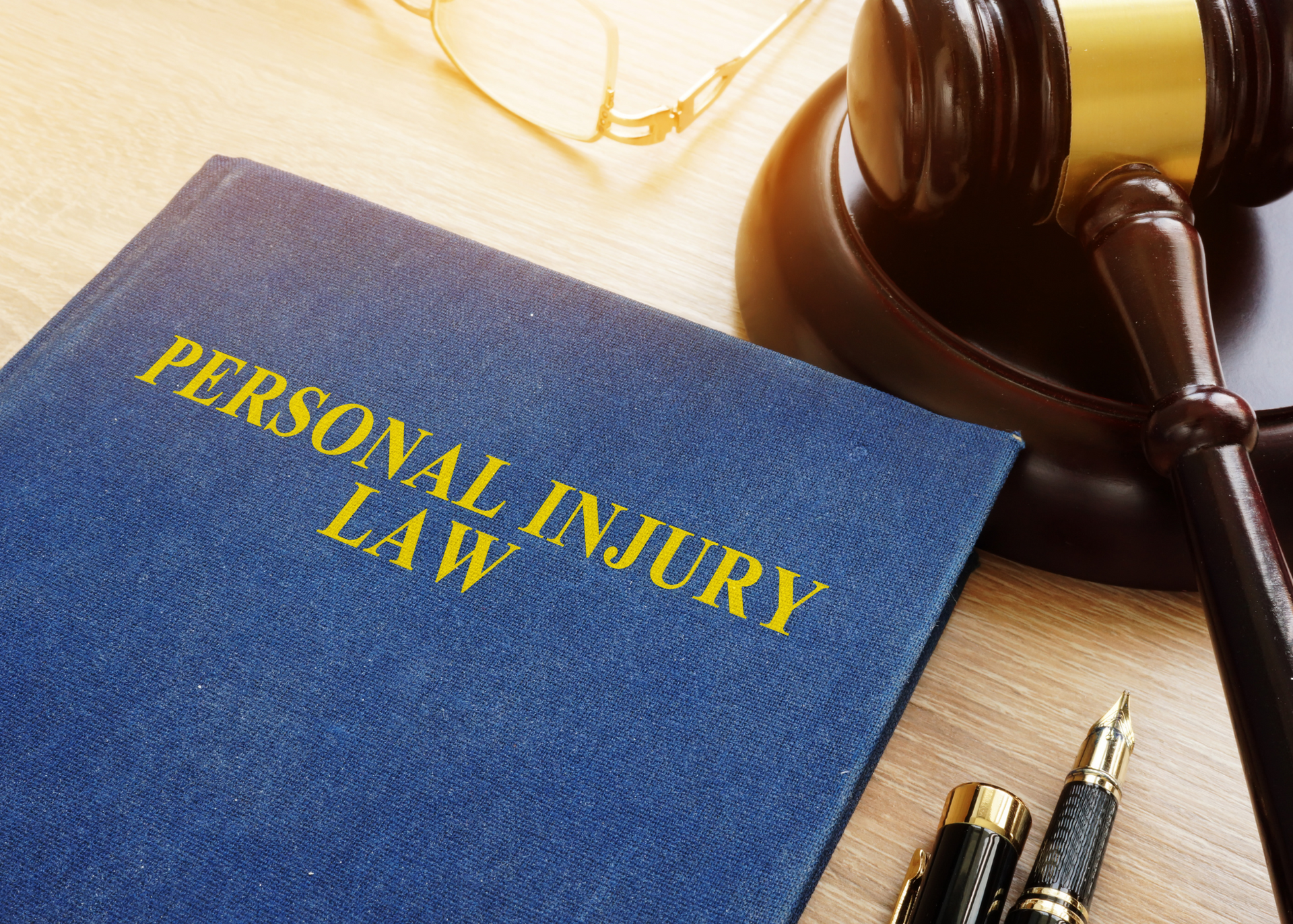6 Types of Cases Personal Injury Attorneys Take On
You might suffer a personal injury in many ways and have lots of related costs and other harms. Whenever another person's or entity's negligence causes you to suffer an injury, experienced personal injury attorneys can help you to hold those parties liable. According to IBISWorld, the United States has nearly 51,000 personal injury law firms in 2023. The number of practicing personal injury lawyers shows there is a high demand for their legal services. Here are six types of cases that they take.
1. Vehicular Accidents
Almost anyone who drives throughout adulthood winds up in at least one accident. The size, weight, and potential speed of modern vehicles greatly increase the potential for suffering a personal injury when another motorist drives negligently and causes an accident. Personal injury attorneys can help clients file strongly supported insurance claims and hold liable parties accountable for the harm that they suffer. Those harms often include medical costs, pain and suffering, and lost income.
2. Premise Liability
Whenever you are on property owned or controlled by another person or entity, those parties are responsible for maintaining reasonably safe premises. Unfortunately, negligence could make a location unreasonably dangerous and cause you to suffer a personal injury. Premise liability holds negligent parties accountable when people suffer injuries due to unreasonably dangerous conditions. Personal injury attorneys can help to build strong cases and identify potentially liable parties to help accident victims obtain compensation for the harms that they suffered.
3. Slip and Fall Accidents
Slip and fall accidents are among the most common types of premises liability cases that personal injury attorneys accept. Accidents often happen in stores and other commercial locations when a dangerous condition exists that might cause someone to slip, trip, or fall and suffer a personal injury. Slip and fall injuries can be very serious and sometimes cause death. You might break a bone, get a bad laceration, or suffer a head injury. The cause might be liquid, debris, or something else on the floor or steps that can cause you to slip, trip, or fall.
4. Medical Malpractice
Medical doctors and other healthcare professionals are highly educated and trained but still might make mistakes that cause harm to patients. When the care provided is less than the acceptable standard of care for specific medical procedures, you might suffer a personal injury. Nurses might even cause you to fall to the floor while transferring you from a bed or operating table to a wheelchair or gurney. Whenever you suffer an injury due to medical malpractice,
personal injury attorneys
can help to hold liable parties accountable.
5. Injuries and Illness
Employers are required to carry worker's compensation insurance coverage to help protect workers against the financial impact of suffering work-related injuries or illnesses. When you accept benefits coverage after being injured or taking ill due to work conditions, you give up the right to sue your employer for damages. Unfortunately, employers or insurers might deny coverage and create the need for injured or sick workers to retain the services of personal injury attorneys. The attorneys can help appeal a decision and, if necessary, initiate well-supported lawsuits against employers or insurers.
6. Defective Products
Product defects could make otherwise safe items dangerous to use. When a defective product causes you to suffer one or more injuries, an attorney can help you identify liable parties and hold them accountable with a strongly supported case. Those liable parties might include product manufacturers, distributors, and retailers. They also might include service providers who did not do their work correctly, such as a diesel maintenance and repair facility that does not properly maintain a commercial truck. If the defect causes a trucker to lose control and collide with one or more other vehicles, that service facility might be found partly liable for any harm caused by the accident.
You can call or submit an online request to schedule an initial consultation with one of our experienced personal injury attorneys. An attorney can review your case and help to better determine if you have a good case and the types of evidence needed to help support your legal claims against negligent parties. Call us at Wilson & Novak Law Offices today to get started.




